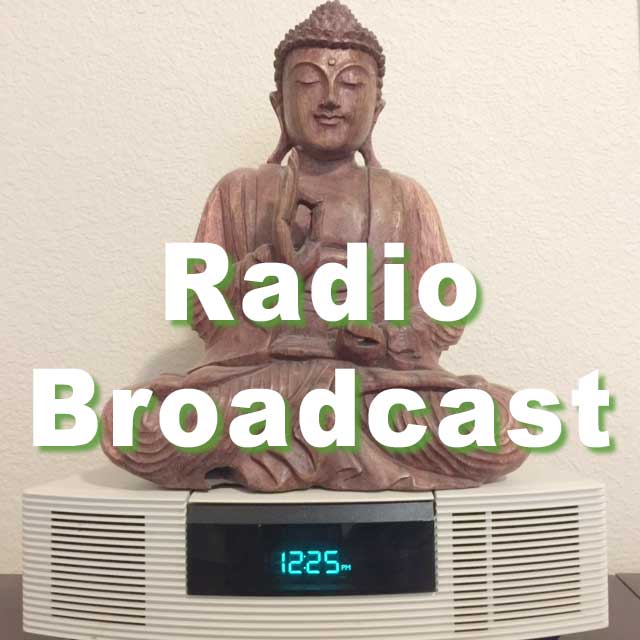In the last two days, we have looked at thinking. We’ve noticed that thinking is an ongoing problem-solution mechanism. We’ve also seen that thinking resists truth realization in a number of ways. One important point from yesterday’s tip is this:
We are asked to see anything that isn’t love (life-awareness) as meaningless and valueless. Since everything is life-awareness in reality, what isn’t life-awareness?
Mental interpretation isn’t life-awareness. We are to see mental interpretation as meaningless and valueless.
Our reading and tips from the last two days have prepared us for today’s reading.
Let Go of Resistance
Today’s reading says there will be great resistance. It isn’t referring only to emotions that feel like resistance. It refers to all thinking processes that resist the truth. As yesterday’s reading revealed, that includes mental confusion, thinking about problems, trying to appear worthy, metaphysical questions, pleasure seeking, spiritual doubts and more. We do well to notice how our mind resists truth.
When we find resistance in our mind, today’s reading says to “let it go immediately in gratitude as valueless.”
What are we to be grateful for?
We are grateful that we noticed resistance as resistance, and we weren’t fooled by it as meaningful thinking.
Be Aware of Thought
Thinking happens in the mind all of the time. Interestingly, although most people believe 100% of their thoughts and their entire life is based on their thoughts, they are not aware of their thoughts.
What does it mean to be aware?
When you are aware of something, you have knowledge about it.
When we believe a thought without investigating it first, we are unaware even though the thought drives our attitudes and behaviors.
When we stop to investigate a thought—to gain knowledge about it—we become aware of the thought.
Today’s reading recommends that we take time to become aware of our thoughts, and then based on the knowledge we’ve gained, decide if we want to follow that thinking or not.
Some of the questions it guides us to ask in order to learn about a thought are:
What is this thought?
What is it saying to me?
Why am I listening to it?
Is it a thought of love?
Let’s imagine that I’m angry at a friend, and I’m thinking about ending my relationship with her. My mind says the friend takes advantage of me, and ending the relationship is the best way to take care of myself.
Let’s take that thinking into a journaling process and see if anything is revealed.
Thought: This friend takes advantage of me. The best way to take care of myself is to end my relationship with her.
What is this thought? It is a thought of self-protection. It is a defense thought.
What is it saying to me? It says that I am vulnerable. I can be the victim of someone else. My happiness and sense of worth are dependent on how she acts toward me.
Why am I listening to it? I want things to go my way in this relationship. I accused her of taking advantage of me, but I see now that I want her to be the way I want her to be. I want to manipulate her so this relationship goes the way I want it to.
Is it a thought of love? No. It is ego. I can tell because it is defensive, it includes ideas like victimhood, and I want things to go “my way.”
Once the idea has been investigated, I have knowledge about it. Now, with awareness I can decide if I value this thinking enough to end the relationship or if I want to let go of that idea.
Since truth realization is my purpose, which also means I want to let go of ego, I would choose to let go of this thinking. I would stay in the relationship and tune-in to intuition more.
(Note: Other types of inquiry like Root Cause Inquiry and Byron Katie’s “The Work” are also effective ways to become aware of thought.)
I recommend printing this tip for future reference.



